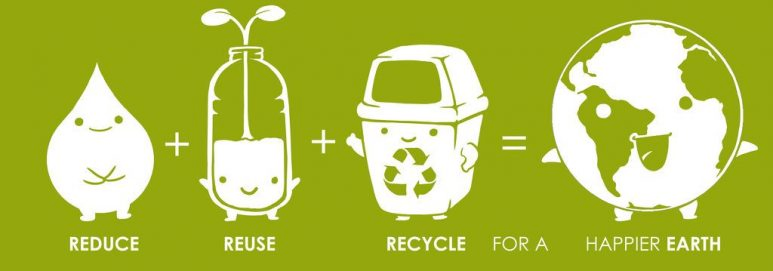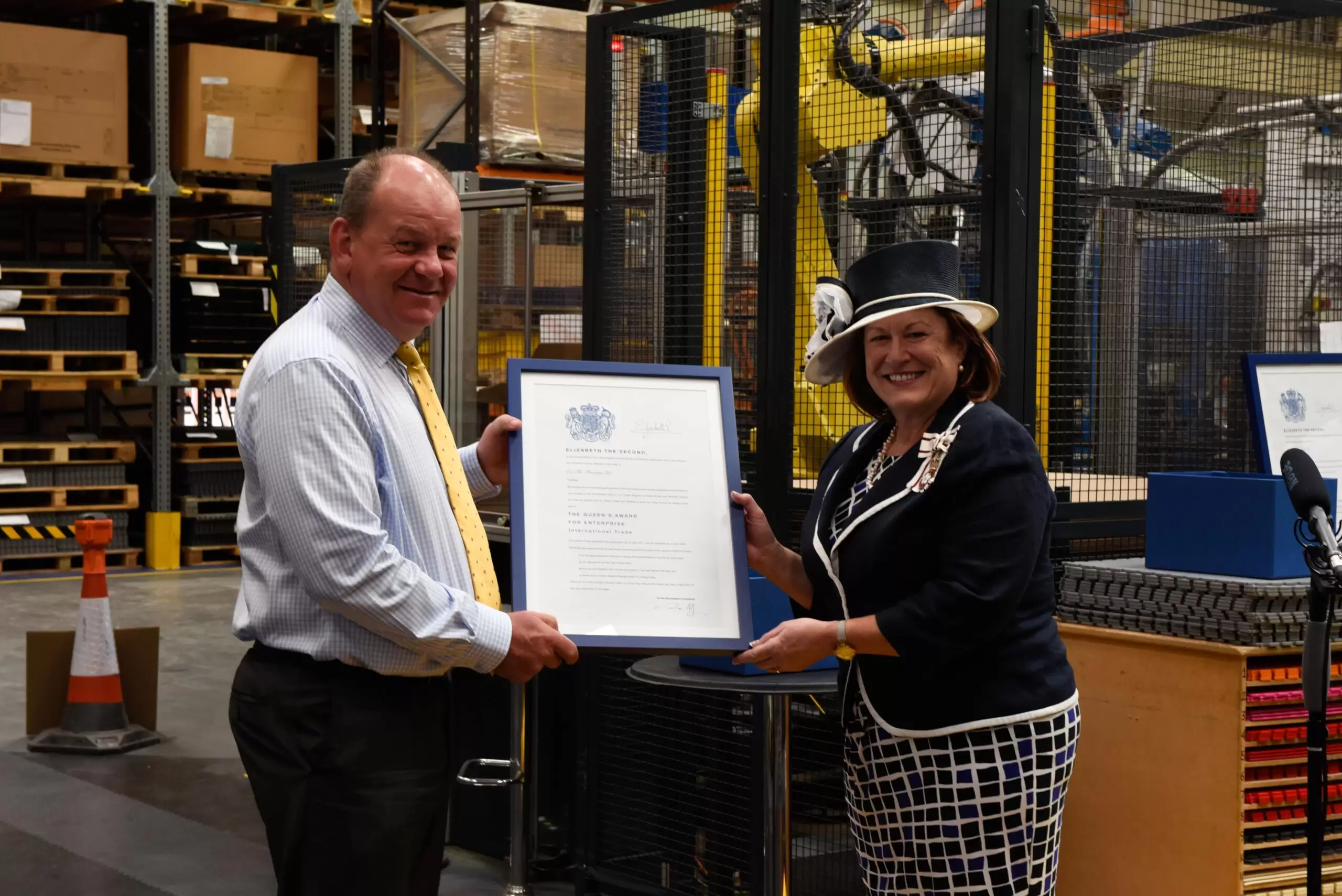
Concerns for the environment have become increasingly important in the manufacturing sector over the years and sustainability solutions for warehouse management are one of the ways in which business owners can reduce their carbon footprint.
It is not just the desire to do the right thing for the environment that drives the utilisation of sustainability in warehouse management. Sustainable practices can actually maximise resources and drive up productivity whilst reducing environmental impact.
The 3 Pillars of Warehouse Management Sustainability
The three-pillared approach to warehouse sustainability includes: maximising energy resources, human productivity, and warehouse design. Focusing on these three areas can lead to increased savings and profits right across the board.
Energy Efficiency Throughout the Warehouse
Energy consumption in warehouses is significant which not only harms the environment but can, in turn, drive up production costs and put pressure on your bottom line. Some ways you can improve energy efficiency throughout your warehouse, whilst also providing benefits for your business and workforce, are:
LED Lighting or Skylights
Lighting is vital for any warehouse or factory which means that it can account for up to 80% of energy costs. Installing sky lights and utilising natural light is one way to reduce energy consumption, another is LED lights.
Using up to 90% less energy, 100% recyclable and not containing harmful pollutants, LED lights are much more sustainable, superior and safe than conventional industrial lighting. They are also tough and long lasting, therefore reducing maintenance costs.
Sustainable Cooling Systems
It is vital that warehouses stay at a comfortable temperature for both the workers and the goods. Conventional air conditioners are not great for the environment, evaporative cooling systems are a more sustainable and efficient alternative.
Eco-friendly units use fresh air rather than CFCs and refrigerants and are ideal for open bay spaces where doors are constantly being opened and closed. In fact, they are also cheaper to run than other air conditioning units.
Solar Energy Panels
Now, there are a number of different ways you can generate energy from mother nature’s elements. Solar energy, for example, is a great way to improve energy efficiency whilst still providing your warehouse with the electricity it requires.
Additionally, there is a Government ‘feed in tariff’ (FIT) available where business owners will get paid for the energy they produce. Companies are able to rent warehouse roofs and install solar panels for free; a flat fee for the energy which they can earn back through the FIT means there’s no need for upfront investment by the warehouse owner.
Process Automation
Another pillar for warehouse sustainability is automating your labour-intensive tasks. With technology evolving over the years, this means there are now solutions available to achieve a fully sustainable warehouse system. Bar-coding, pick-to-light technology and sortation systems are just some examples of this.
One more instance would be switching from paper to digital track and trace methods. Not only does this reduce your paper consumption, but it also addresses one of the biggest concerns in logistics: traceability.
Sustainable Warehouse Design
The design of your warehouse is incredibly effective in improving efficiency and profitability. By removing wasteful and unnecessary steps in the movement of goods, vehicles and people around the facility, you can create the most sustainable workspace.
This includes maximising cube-wise space, to ensure that capacity isn’t reached before its time, and future proofing the facility so the new integration of technology and equipment can be added with minimum downtime and costs.
Sustainable Flooring
The use of clear and well thought out demarcation zones will also assist with this. Warehouses and factories need flooring that’s practical, long-lasting and environmentally responsible and Ecotile PVC flooring is the perfect solution.
Ecotile is the number one choice for warehouse demarcation zone flooring. It is hard wearing and durable, non-slip and will help reduce dust and air pollution whilst retaining warmth and providing noise insulation. Plus, it is 100% recyclable so very environmentally friendly.
How Can We Help You Improve Your Warehouse Management Sustainability?
Although sustainability is currently a bit of a buzzword, it is an all-rounded concept which can help improve many other aspects within business. This includes, customer satisfaction, staff retention, and lower energy bills.
Instead of approaching these issues with a green initiative, you should address them as a whole new method of ensuring your warehouse management thrives for years to come.
For enquiries into our industrial flooring supply and installation services, contact Ecotile today, or browse our website for more information.

CEO and founder James Gedye has established Ecotile as the leading provider of interlocking floor tiles to the UK and around the world. Founded in 1996 from his bedroom turned office, James has built Ecotile into a multi-million-pound business, with sustainability still at the heart of his vision.
Based in Luton, Bedfordshire, Ecotile remains a privately owned UK manufacturing company, precision engineering all products in a purpose-built ISO accredited factory.
Leading the company to 2 prestigious Queens Awards in 2017 for Enterprise for Innovation and International Trade, these accolades underline James’ desire to create the highest quality products and fly the flag for British manufacturing. Working directly with leading businesses for over 25 years, James’ Ecotile brand has become synonymous with trust.
Used by 1000s of leading businesses, trusted by the MoD and specified by contractors, Ecotile floor tiles can be found across the world.
Connect or follow James on LinkedIn…

